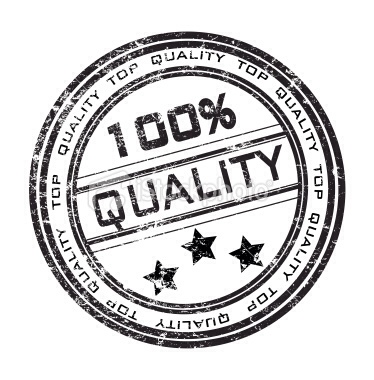Publishing has had a rough year, and it’s only May! The Department of Justice lawsuit, Barnes and Noble is splitting digital and paper into different companies, and it seems like mainstream media has put a death clock on bookstores. Plus ebooks have hosed the “traditional” model of bookselling: what used to be a yearlong process of hardcover to paperback to mass market is now hardcover/eBook to paperback. The entire business model is in flux, and it’s impacting authors and publishers.
Unfortunately, in an idea that must have been conceived in a boardroom and not during the creative process, authors are being urged to push out more content each year. According to the New York Times, authors are attempting to write short stories or multiple novels to maintain their popularity and sales throughout the year:
The British thriller writer Lee Child, who created the indelible character Jack Reacher, is now supplementing his hardcover books with short stories that are published in digital-only format, an increasingly popular strategy to drum up attention for the coming publication of a novel.
Mr. Child’s first story, a 40-page exploration of Reacher as a teenager, was released last August, several weeks before his latest novel came out in print. On the advice of his publisher, he is planning to write another digital-only short story this summer.
“Everybody’s doing a little more,” said Mr. Child, who is published by Delacorte Press, part of Random House. “It seems like we’re all running faster to stay in the same place.”
Even John Grisham is working overtime. Mr. Grisham, who used to write one book each year, now does an additional series aimed at middle-grade readers, the popular “Theodore Boone” novels that are published annually.
Publishers say that a carefully released short story, timed six to eight weeks before a big hardcover comes out, can entice new readers who might be willing to pay 99 cents for a story but reluctant to spend $14 for a new e-book or $26 for a hardcover.
That can translate into higher preorder sales for the novel and even a lift in sales of older books by the author, which are easily accessible as e-book impulse purchases for consumers with Nooks or Kindles.
Jennifer Enderlin, the associate publisher of St. Martin’s Paperbacks, said the strategy had worked for many of her authors, who saw a big uptick in hardcover sales, book over book, once they started releasing more work.
Yes, because the best way to get quality writing is by forcing it. Seriously, the intent makes sense in theory, but I think I speak for many readers when I say I would rather wait longer for a book that’s well written than read a rushed one that came out on time. Books are subject to all sorts of market issues as it is; I know I have read series that were left hanging, went on too long, or had a rushed conclusion because the publisher cancelled the series. A Kindle Single or a short story is a great idea in theory, but in reality, if it takes focus from the novel it is intended to promote, did it help anything?
I know it gets difficult to promote books as it is, and with eBooks, there is such a high signal to noise ratio that readers can be overwhelmed. But forcing authors to write sub-par work more often just drives readers away. There are other forms of writing and communication that are more organic and less forced. More authors, agents, and publishers could promote author’s blogs. Amazon does great interviews where either two authors from similar genres interview each other or do joint interviews. The point is, there are options beyond churning out a requisite number of words each cycle.
I read a lot of books, and I am happy to wait longer if it means a book has more time to percolate. If I read a good book I will seek out more titles by that author, but if I read a crappy one (or the latest in a series goes downhill in quality), there’s always another book to find. But that’s just my take. Would you rather have more volume or better quality? Let us know in the comments!

